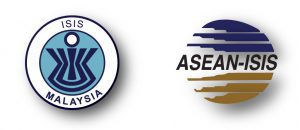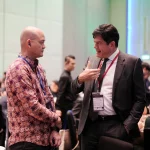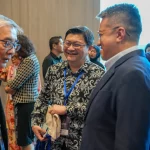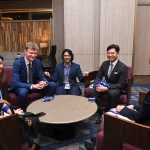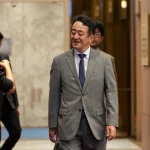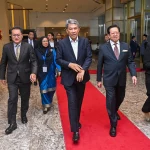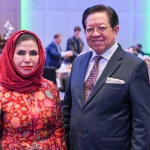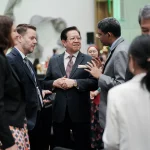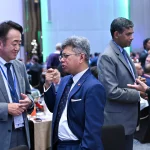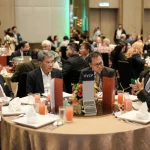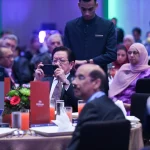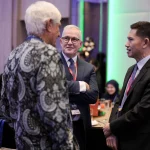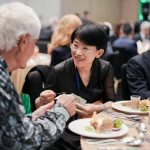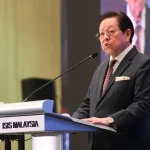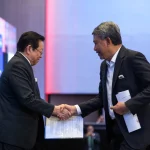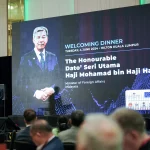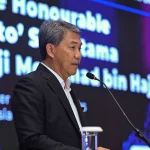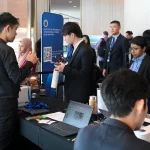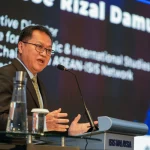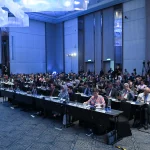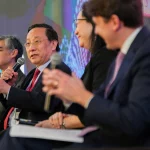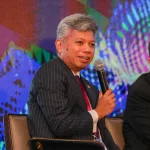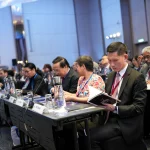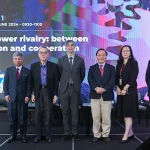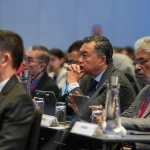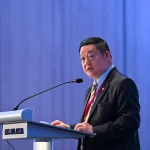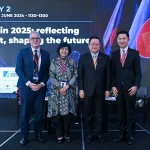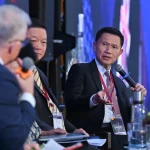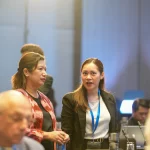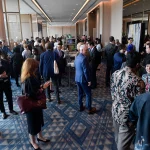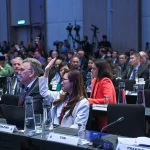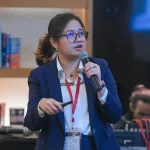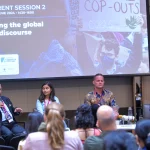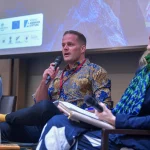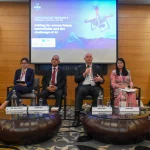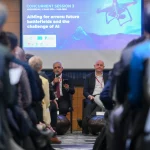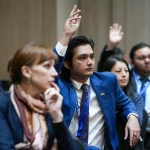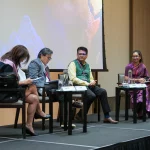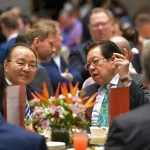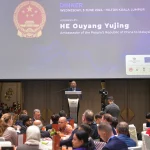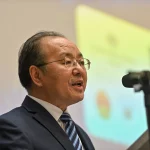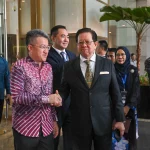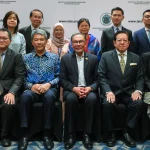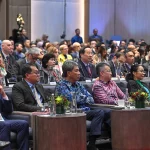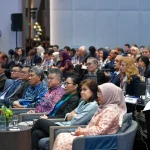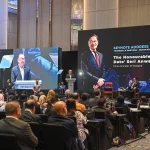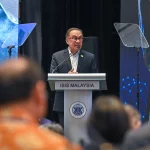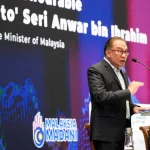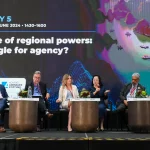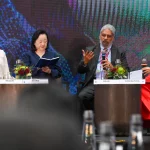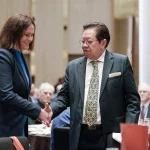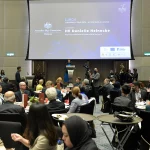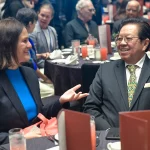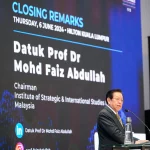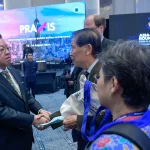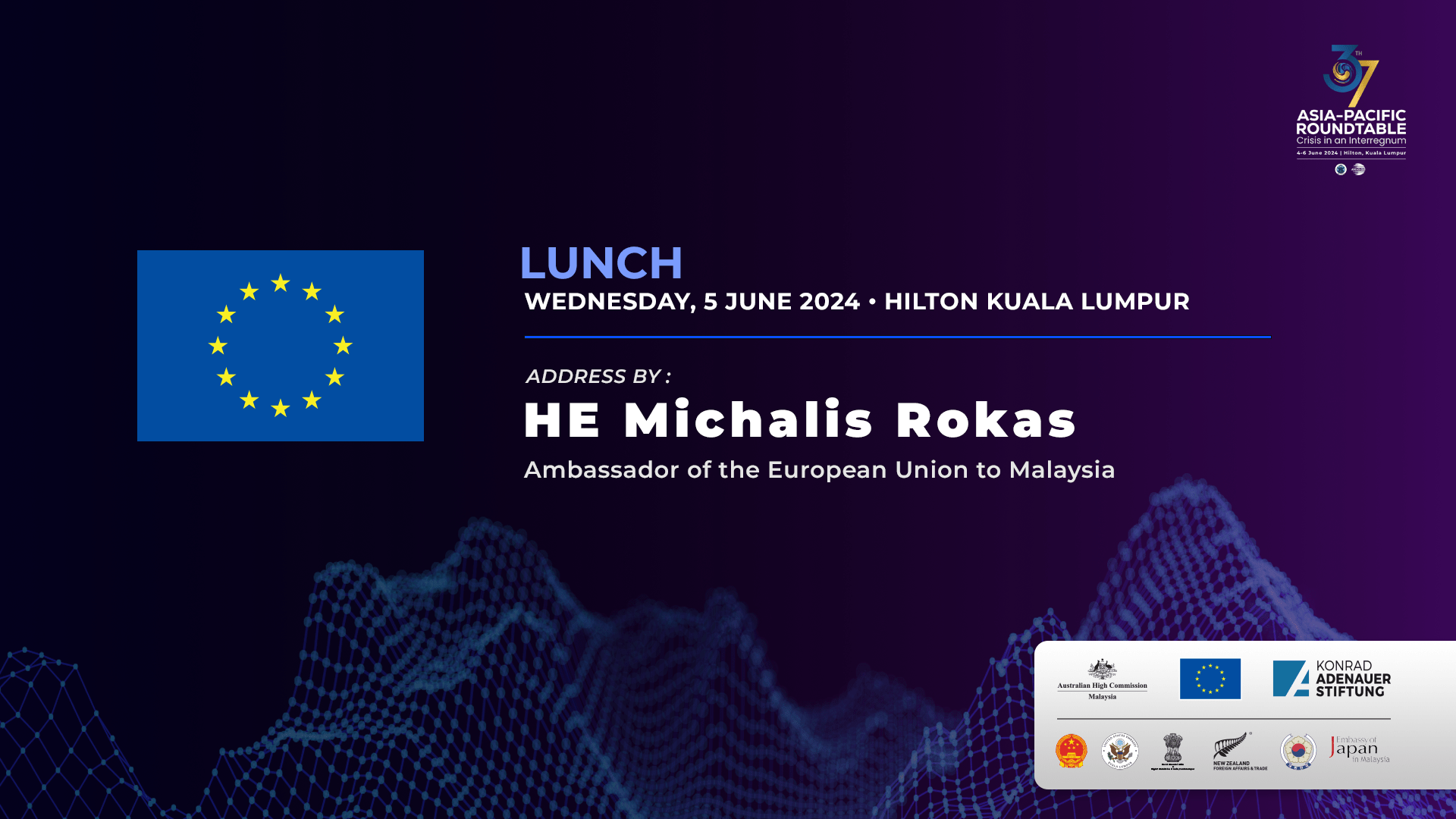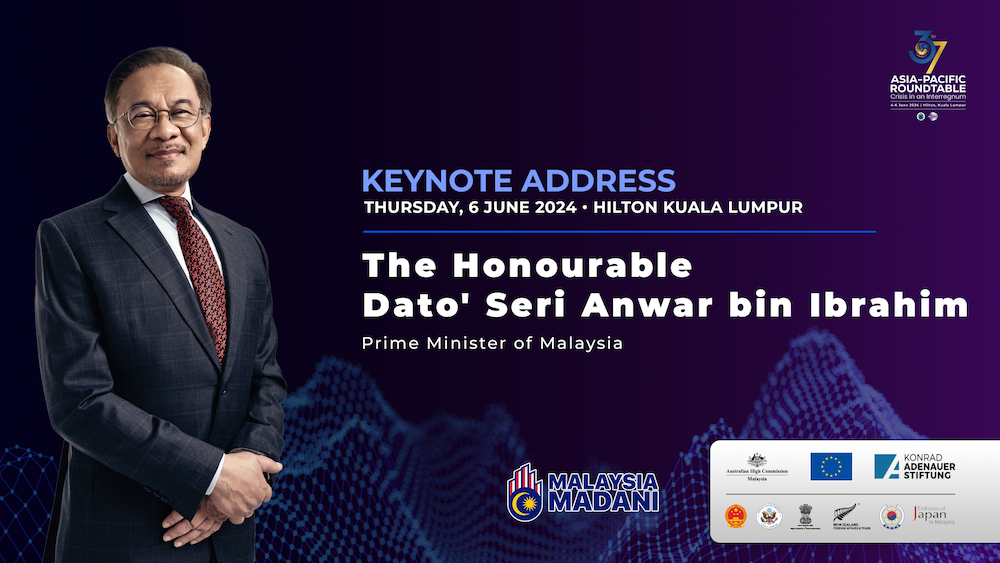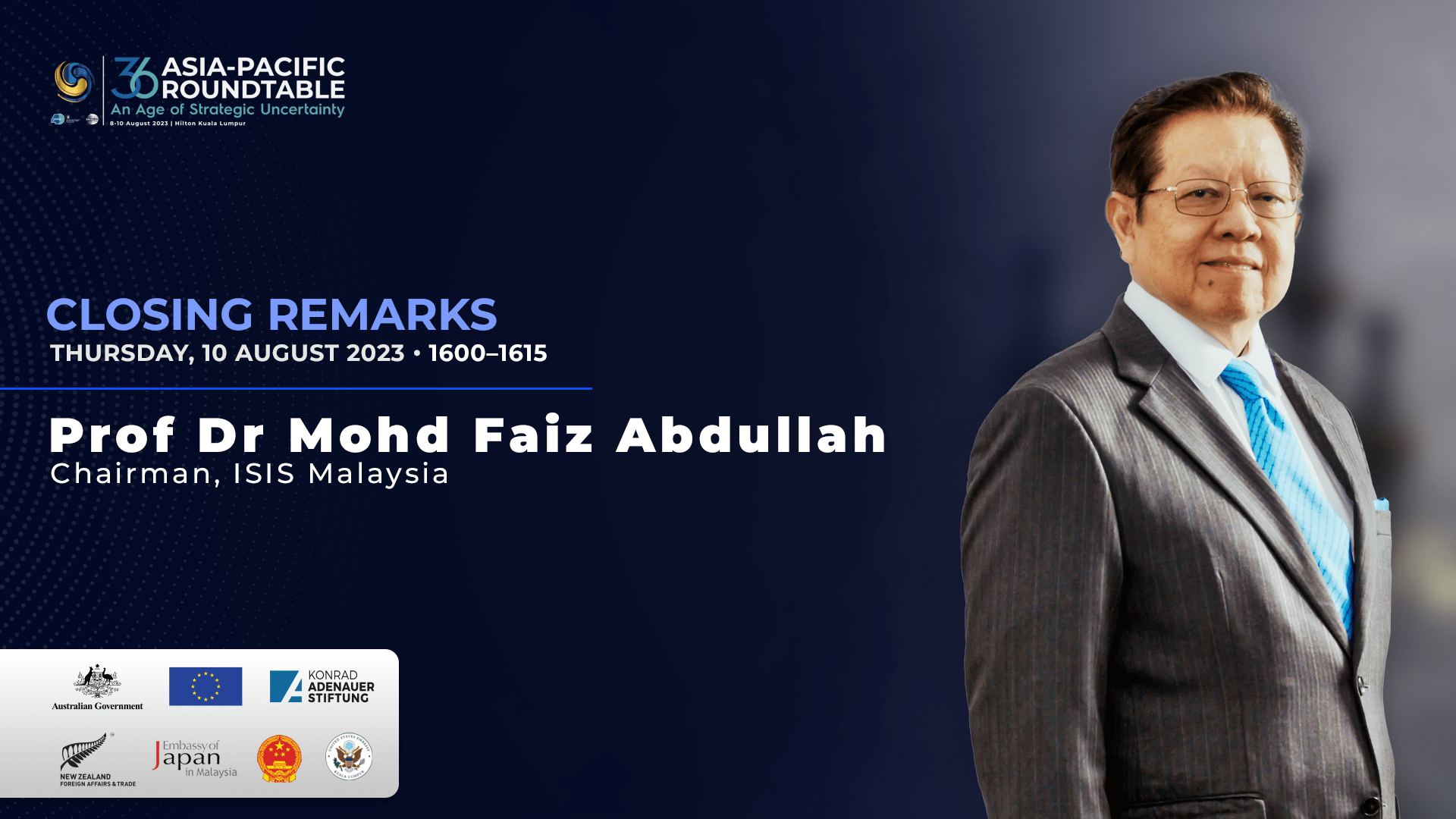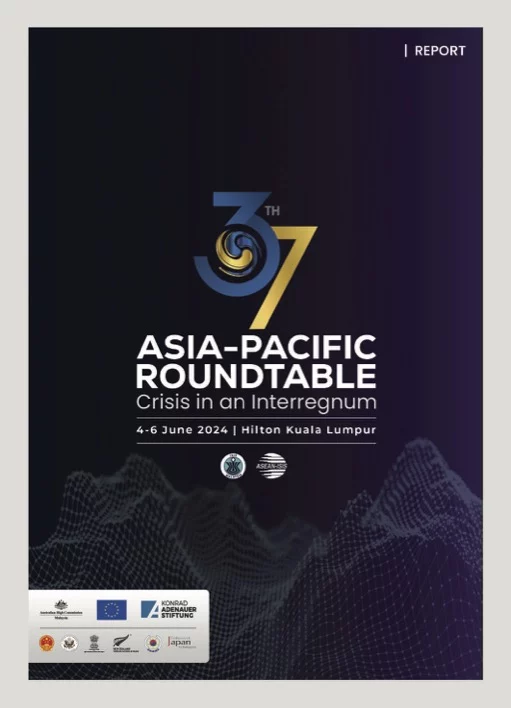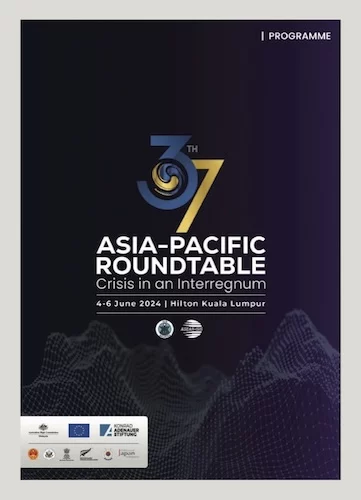

37th Asia-Pacific Roundtable
Crisis in an Interregnum
4-6 June 2024, Hilton Kuala Lumpur
The Asia-Pacific Roundtable (APR) is the signature international conference of the Institute of Strategic & International Studies (ISIS) Malaysia. At its core, the APR is a Southeast Asian conference discussing key issues impacting on the Asia-Pacific. It is one of the region’s premier Track-Two gatherings and is ranked among the world’s top 20 think-tank strategic-security focused conferences.
Convened by ISIS Malaysia, on behalf of the ASEAN Institutes of Strategic and International Studies (ASEAN-ISIS) network, a network of leading Southeast Asian policy institutes and think-tanks, it regularly attracts more than 300 thinkers of various backgrounds who engage in lively, frank and constructive conversations on issues shaping the security, stability, sustainability and prosperity of the Asia-Pacific region. The aim is for insights into how businesses and governments can navigate an increasingly complex strategic landscape.
This year’s theme is ‘Crisis in an Interregnum’. It aims to unpack how this period of interregnum affects the norms and mechanisms that have shaped the existing international order. How will established and emerging middle and major powers operate in such an environment? How will they seek common ground and cooperation, if at all? What are the emerging structures and rules being shaped?
The organisers are again waiving the traditional conference fee. Delegates are expected to cover their own transport and accommodation costs. Hilton Kuala Lumpur will offer the best room rates for those who wish to stay at the conference venue.
Day 1 – Tuesday, 4 June 2024
(All times in UTC+8)
Welcoming Remarks by:
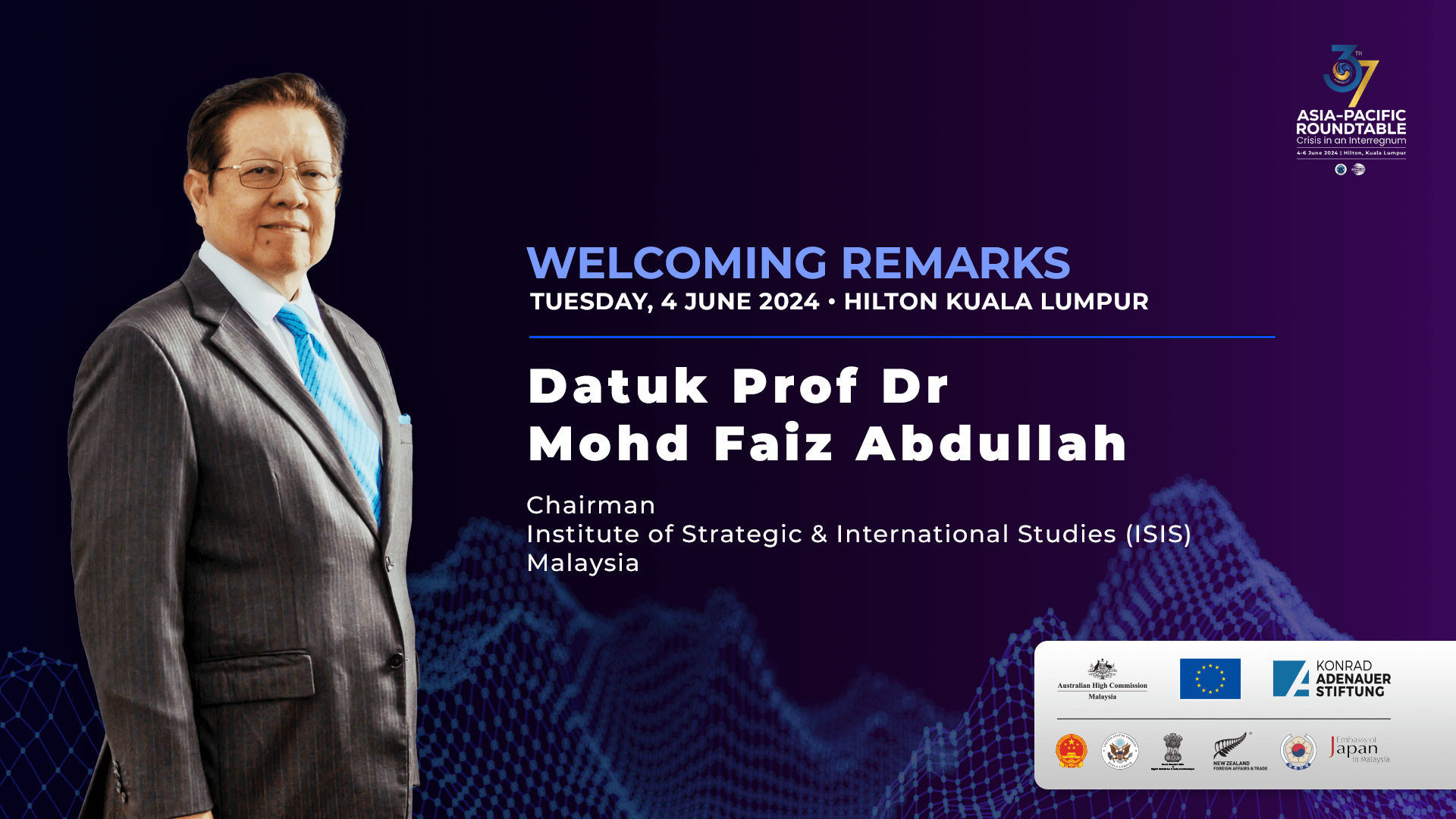
Dinner Address by:
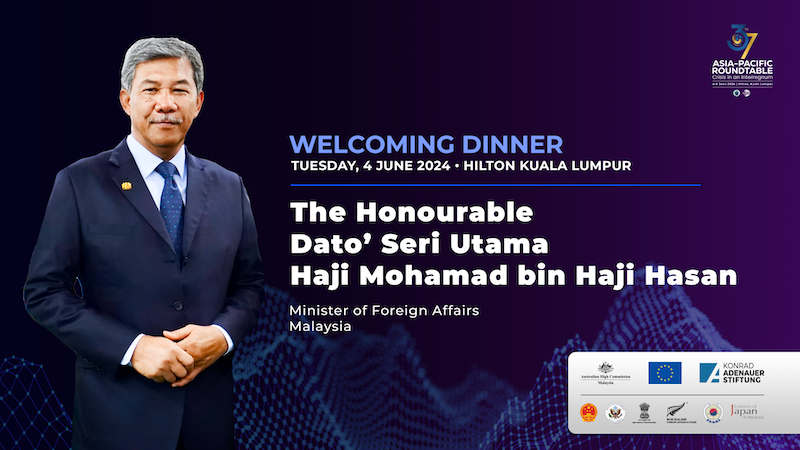
Day 2 – Wednesday, 5 June 2024
(All times in UTC+8)
Opening Remarks by:
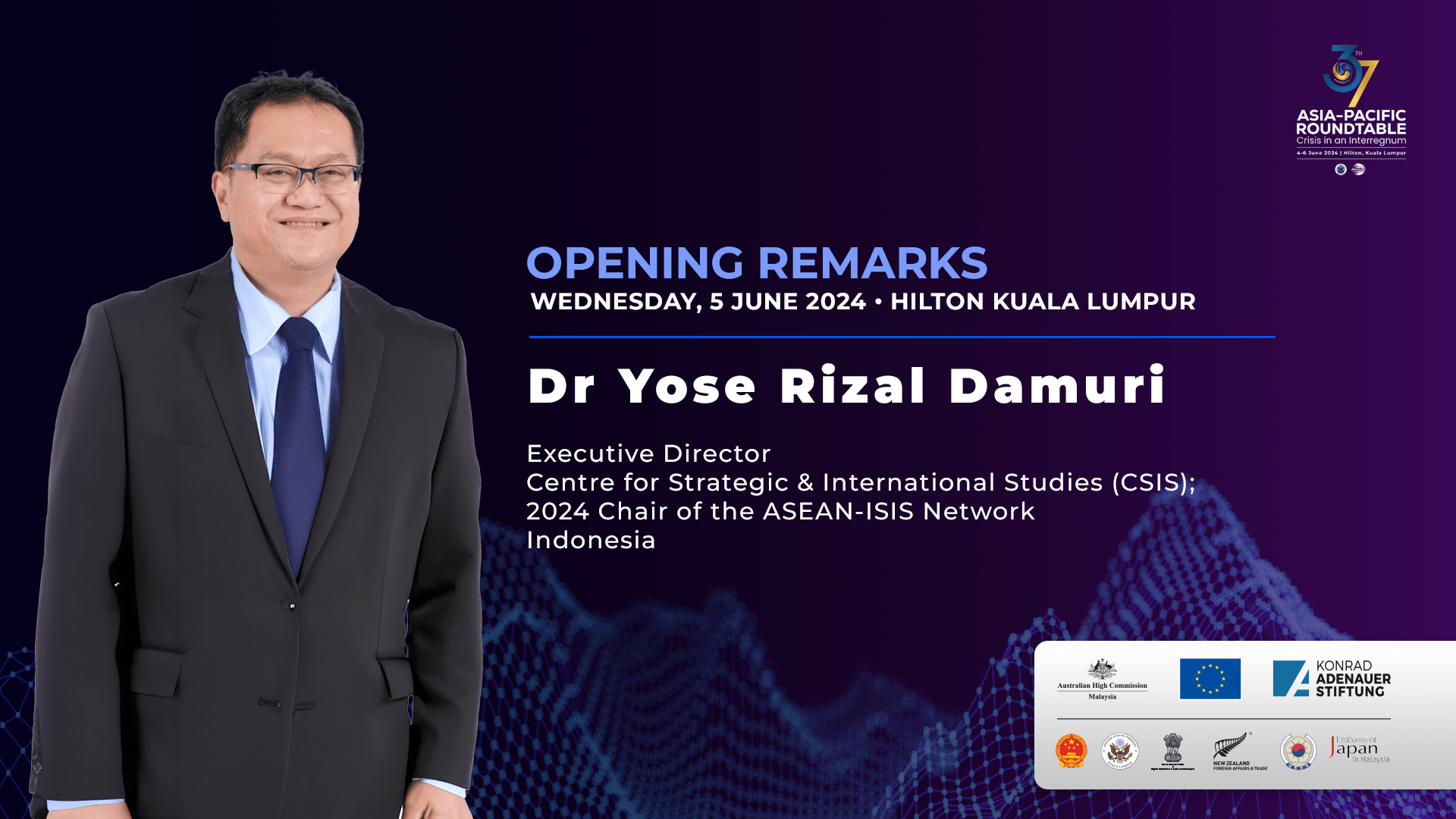
Welcoming Remarks by:
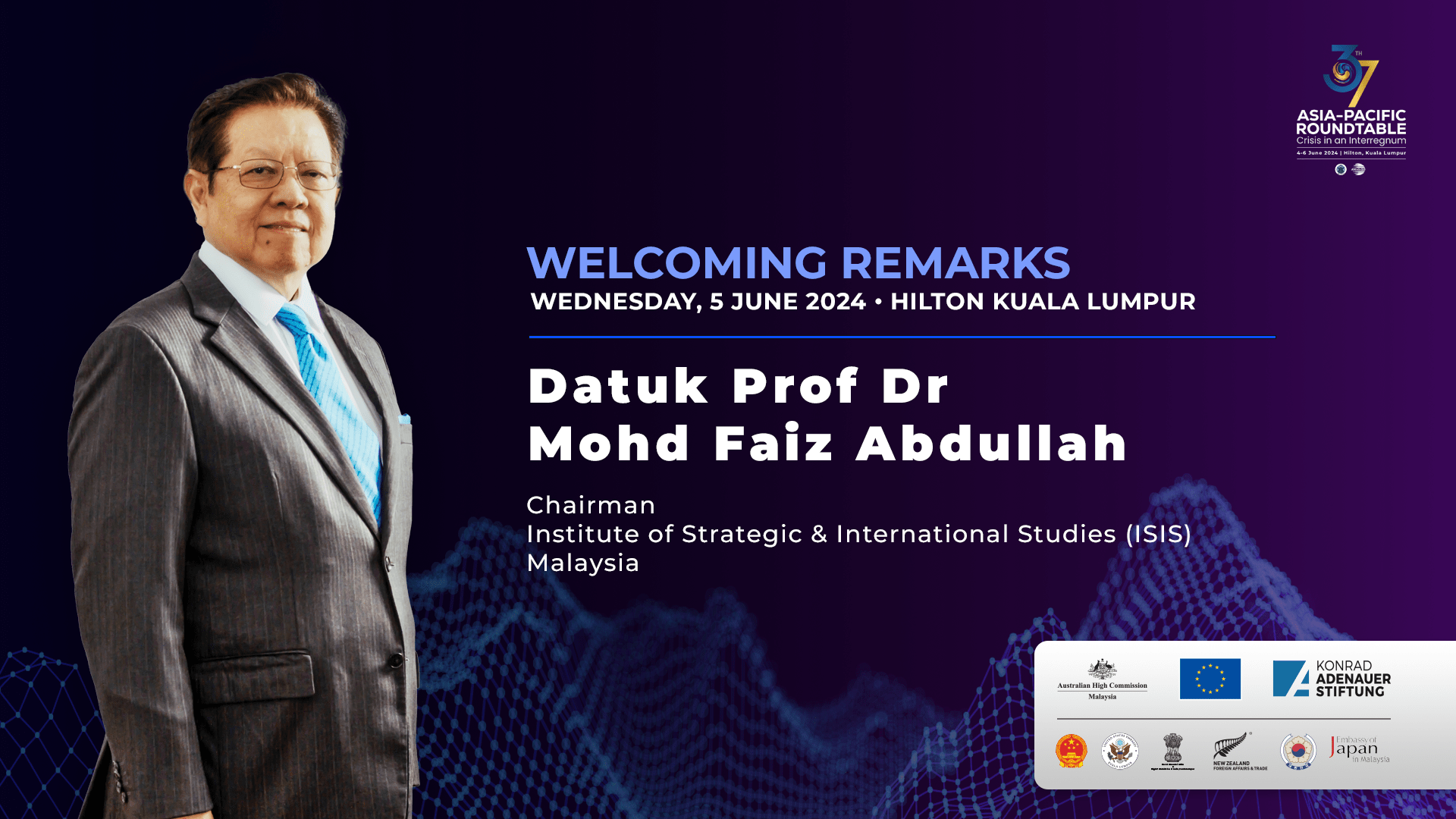
Tensions between US and China have created an environment of distrust and uncertainty. As major-power rivalry heightens, the growing risk of miscalculation and unintended clashes have sparked a need for greater crisis communication. Are existing mechanisms like APEC, EAS or G20 conducive for promoting dialogue and cooperation? If not, what new platforms are needed? Is there a role for small and medium powers to foster mitigation and cooperation?
Instigator

Hervé Lemahieu
Speakers

Yun Sun

Victor Zhikai Gao

HE Sujiro Seam

HE Ong Keng Yong

Raja Dato’ Nushirwan Zainal Abidin
2025 is a pivotal year for ASEAN, as it marks the culmination of the KL Declaration and its multiple visions. It also unveils the post-2025 vision that will guide ASEAN over the next two decades. This session aims to encapsulate both a reflection and a way forward. How can ASEAN address effectively internal and external challenges, such as its response to the Myanmar crisis and the centrality of its regional mechanisms amid major-power rivalry? What should be Malaysia’s key priorities for the post-2025 vision when it assumes the chairmanship next year?
Instigator

Dr Thitinan Pongsudhirak
Main Speaker

HE Dr Kao Kim Hourn
Discussants
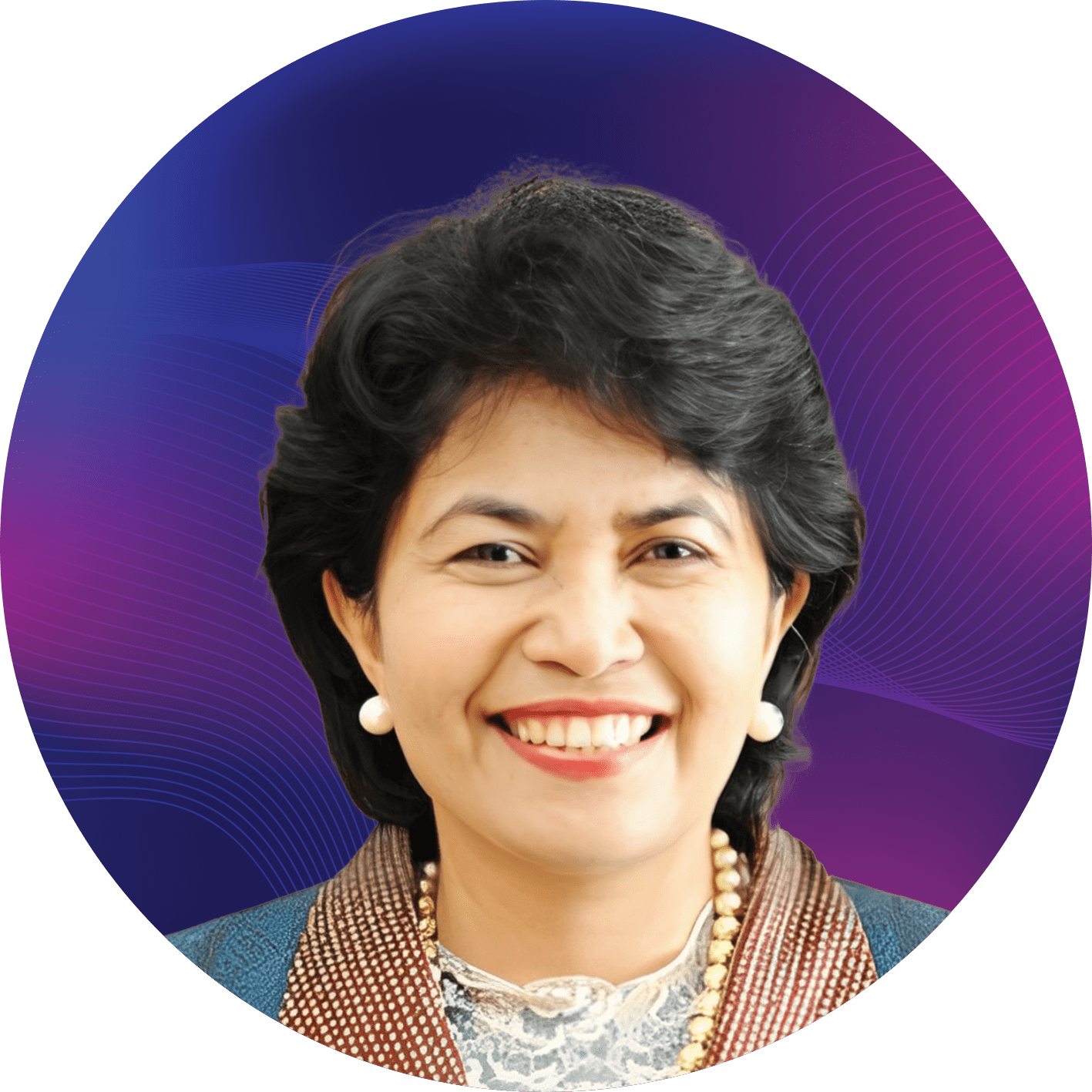
Prof Dewi Fortuna Anwar
.

Dr David Capie
Growing discourse on the Global South and outcomes of the 2023 G20 Summit demonstrate the growing interest in creating inclusive cooperation mechanisms that capitalise on regions like Africa, the Middle East and the Pacific Islands, which Southeast Asia has neglected. Heightened diplomatic activity and enhanced multilateralism in those regions and organisations like BRICS and SCO show the importance of connecting the Global South. How can ASEAN better take the lead with its engagement with the Global South? Can it leverage on Dialogue Partners with functional relationships in the Global South to broker deeper ties in the region?
Instigator

Prof Antoinette R Raquiza
Speakers

Dr Lina A Alexandra

Prof Harsh V Pant

Yanitha Meena Louis
While awareness and diplomatic efforts on climate action have intensified, the gap between promises and impact continues to widen. Agendas largely shaped by Western narratives have created disproportionate expectations on developing countries despite the principle of ‘common but differentiated responsibilities.’ In what ways do nations exhibit climate hypocrisy through their actions compared with their stated commitments? How are developed and developing countries experiencing climate risks differently? How can we bridge the North-South divide to work towards a more equitable solution? What role should non-state actors, such as activists and lobbies, play in climate negotiations for a more inclusive climate governance?
Instigator

Dr Annabelle Workman
Speakers

Gen (rtd) ANM Muniruzzaman

Dr Frederick Kliem

Prakriti Koirala
The incorporation of AI in the military is inevitable, be it to sift through images or as part of autonomous weapon systems. Nations with advanced AI capabilities will dictate the rules for responsible AI in the military. Meanwhile, pledges, such as those between the US and China banning the use of AI in autonomous weapons and nuclear warheads, need to be normalised and upheld by middle powers. Is the region prepared for military transformation and adoptions of AI? How will AI impact state responsibility in conflict and peacetime? Can ASEAN build safer practices with military modernisations of AI?
Instigator

Farlina Said
Speakers

Lt-Gen (Dr) RS Panwar

Dr Michael Raska

Dr Su Wai Mon
Strategic and conflict reconfigurations in the Middle East continue to draw in global powers, and impact on global commodities and trade. At the same time, reinvigorated Gulf Arab states are pursuing ambitious socio-economic policies, potentially reshaping traditional alliances to hedge against major-power rivalry. How will geopolitical developments in the Middle East impact the Asia-Pacific? What are the trajectories which observers should look out for? How have recent developments impacted perceptions of the rules-based order and global norms?
Instigator

Shahriman Lockman
Speakers

Dr Ebtesam Al-Ketbi

Dr James M Dorsey

Dr Dino Patti Djalal

Dr Khalil Shirgholami
Special Address by:
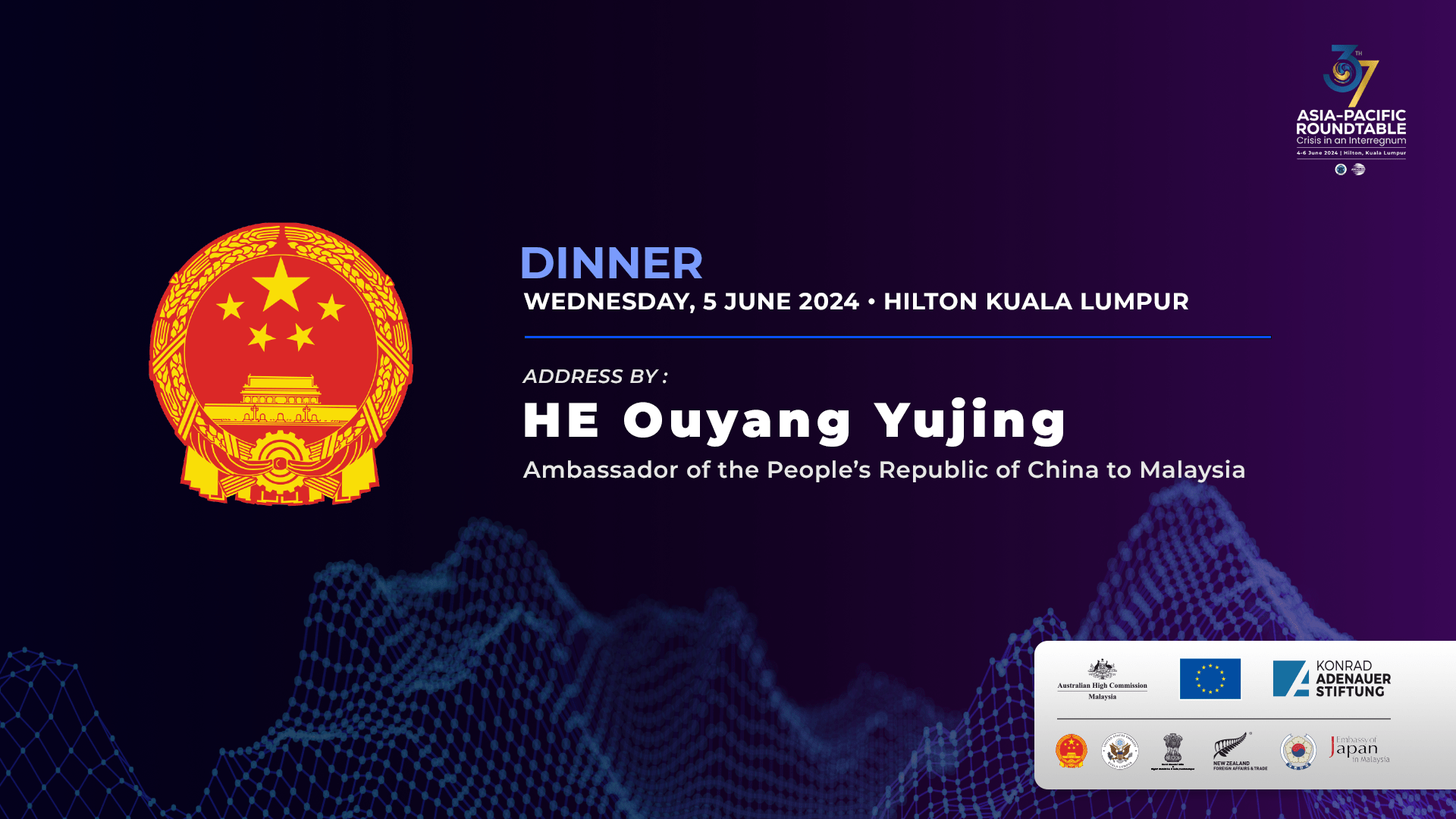
Day 3 – Thursday, 6 June 2024
(All times in UTC+8)
Escalating US-China economic rivalry will have far-reaching implications across the Asia-Pacific region, presenting both opportunities and geoeconomic fragmentation. This session aims to explore the megatrends shaping economic, investment and trade prospects in both China and the US, with a focus on the implications for Asia-Pacific. How are economic bifurcation, friend-shoring and de-risking strategies affecting global supply chain resilience? Are they sustainable in the long-term? How is the region preparing for future challenges through strategies, such as geoeconomic hedging and currency diversification (i.e., de-dollarisation)?
Instigator

Eduardo Pedrosa
Speakers

Hosuk Lee-Makiyama

Trinh Nguyen

Dr Yose Rizal Damuri

Dr Yang Yao

HE Chung Keeyong
Special Address by:
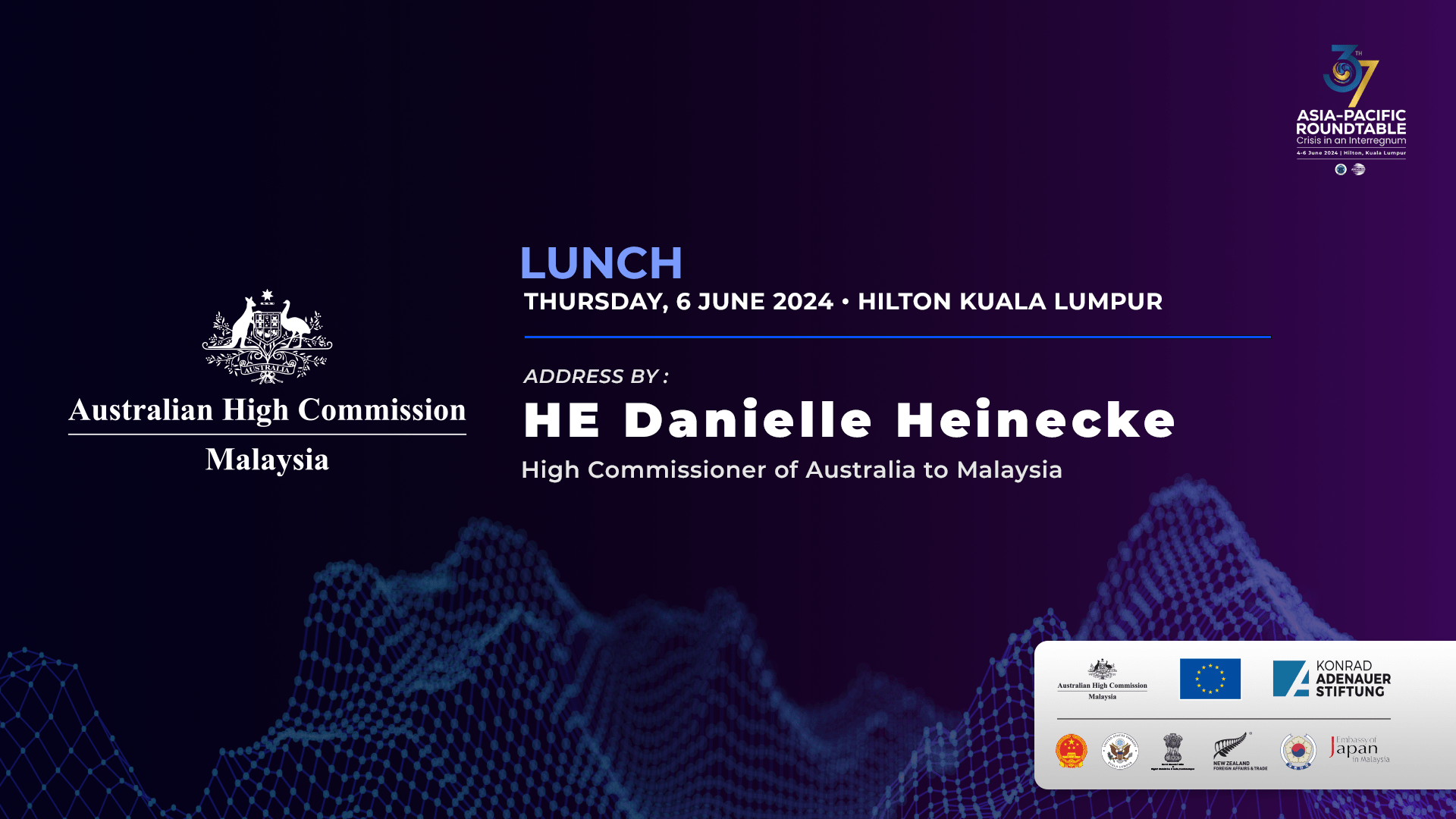
The emergence of a new regional order, distinctly accelerated by major-power competition, has increased the role of regional powers. These powers have played a unique role in shaping geopolitical dynamics, such as by responding to potent changes in their strategic environment. However, they are limited by capacity and influence, and struggle to enforce agency. How can these small- and middle powers exert their interests and agency in international geopolitics today? What can we learn from the trajectory of emerging regional powers? Are existing multilateral mechanisms still a viable way to exercise agency?
Instigator

Dr Hoo Chiew-Ping
Speakers

Prof C Raja Mohan

Dr Akiko Fukushima

Helen Mitchell

Dr Frank Umbach

Dr Vu Le Thai Hoang
For more information, contact apr@isis.org.my
SUPPORTERS
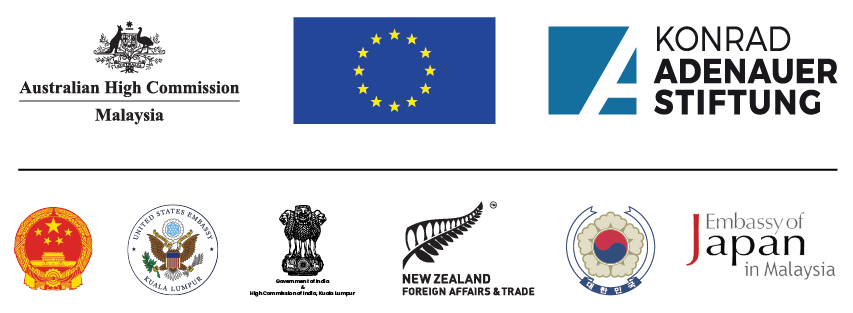
ORGANISERS
